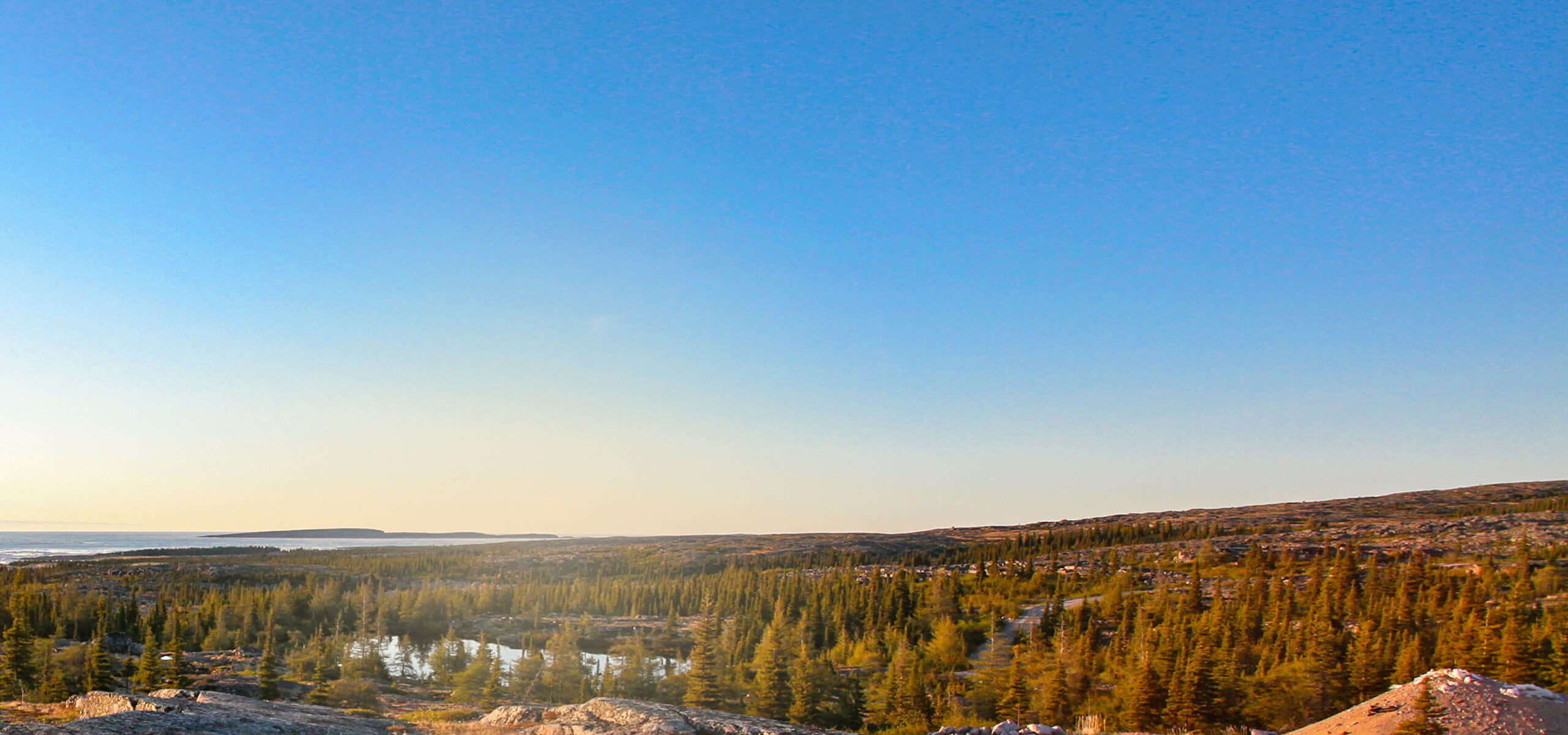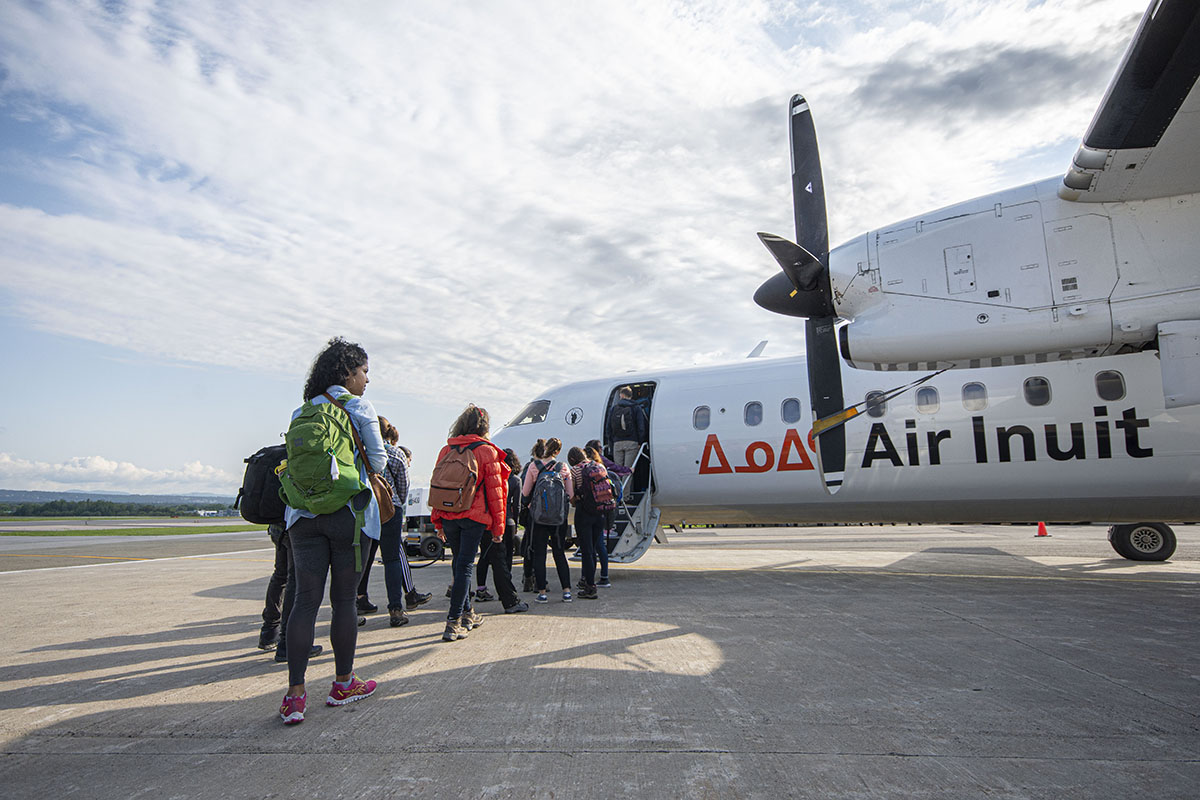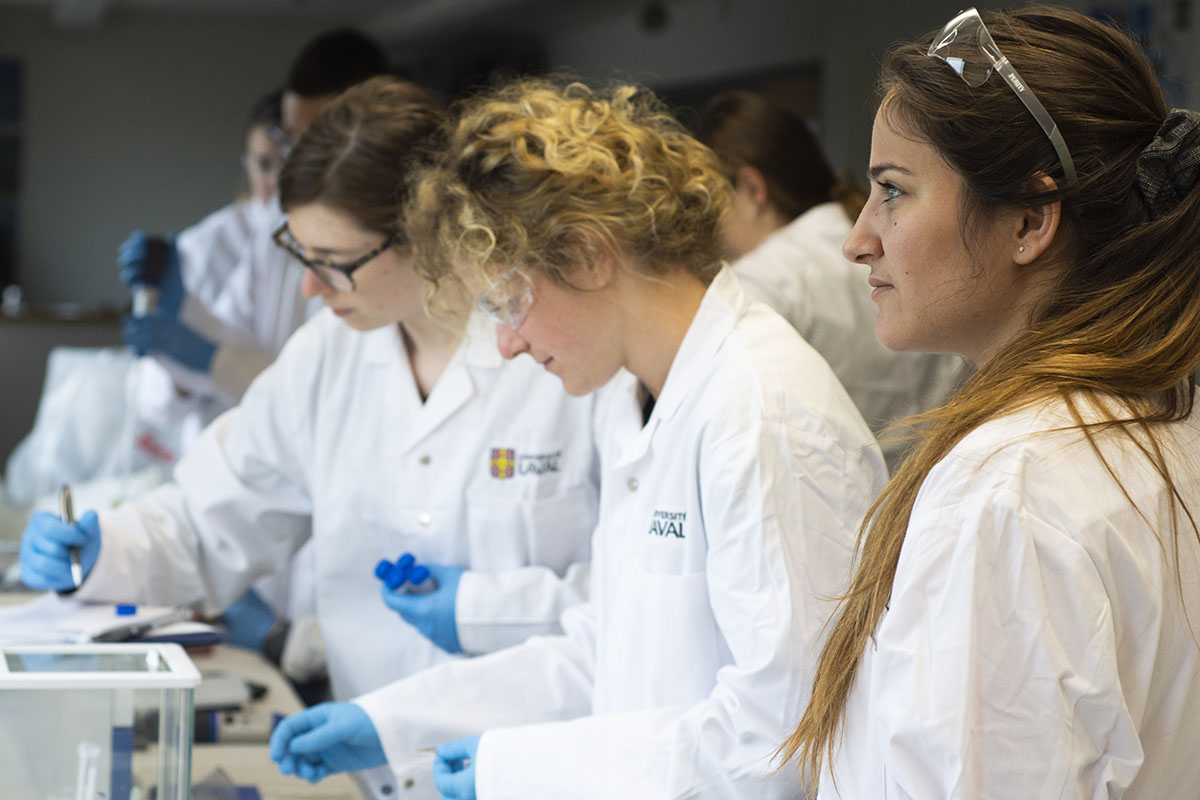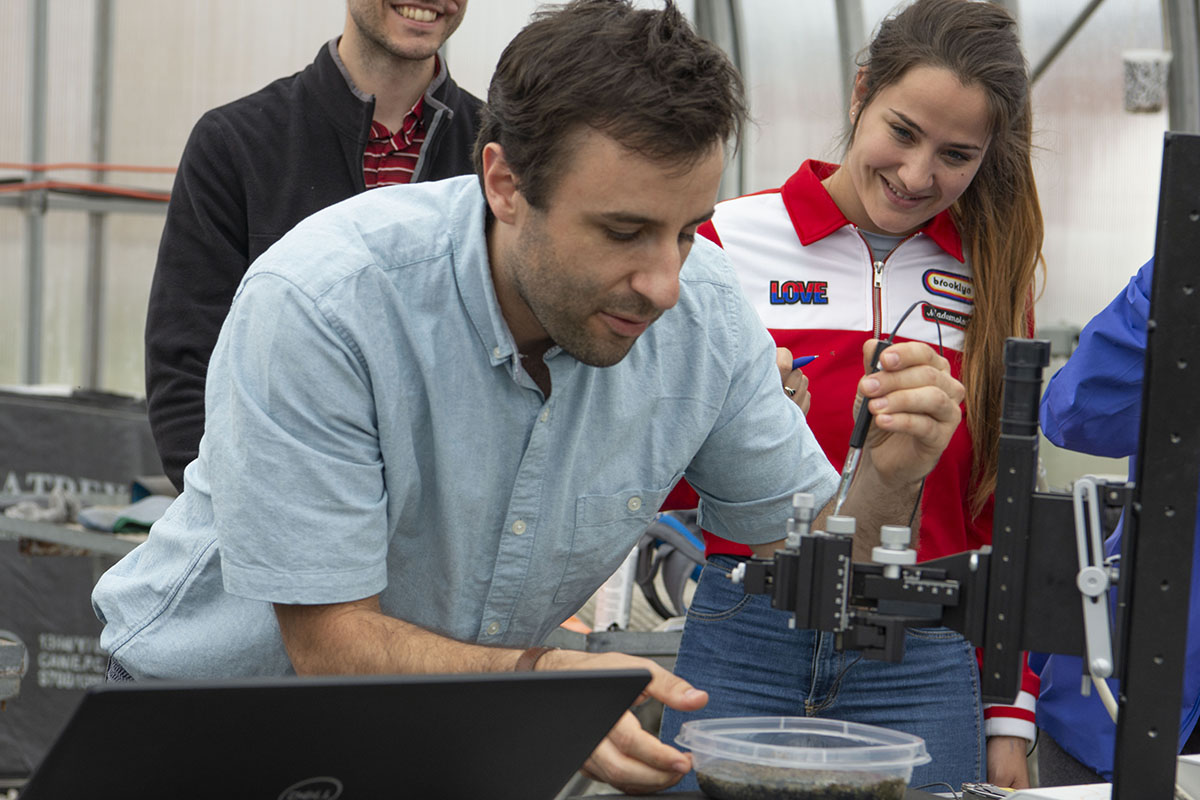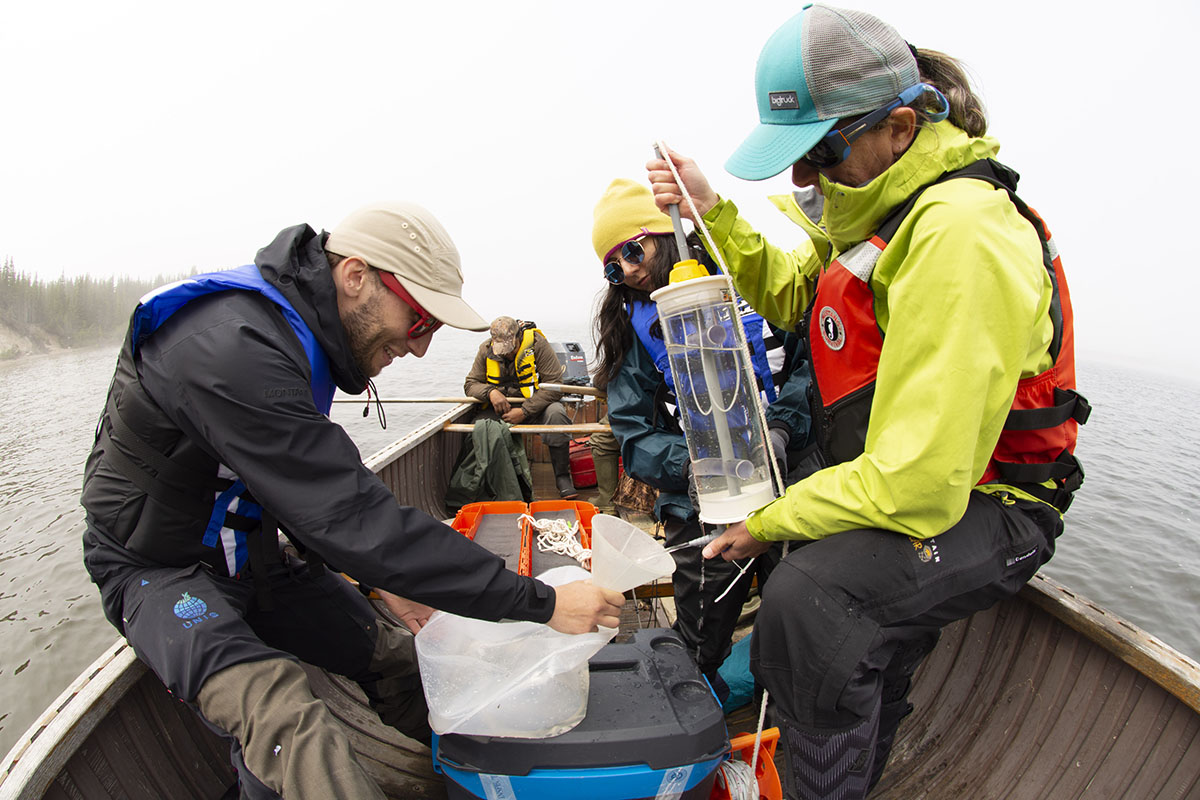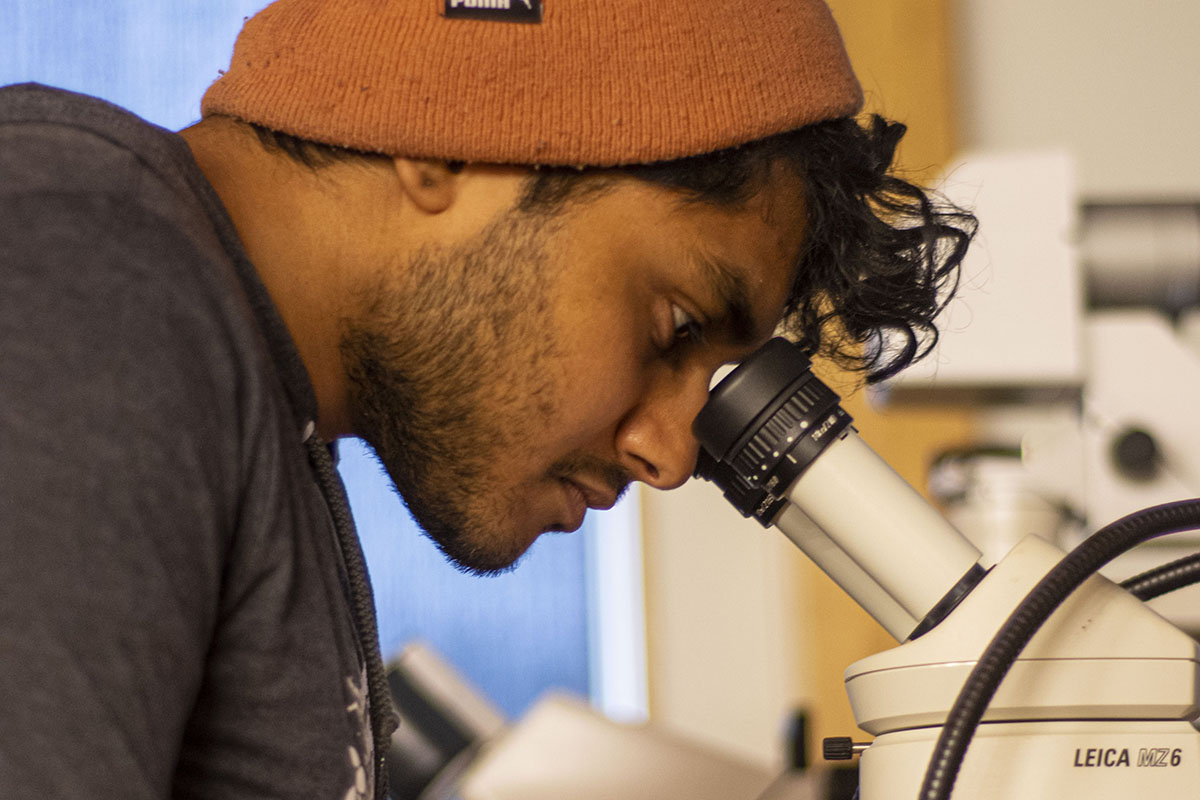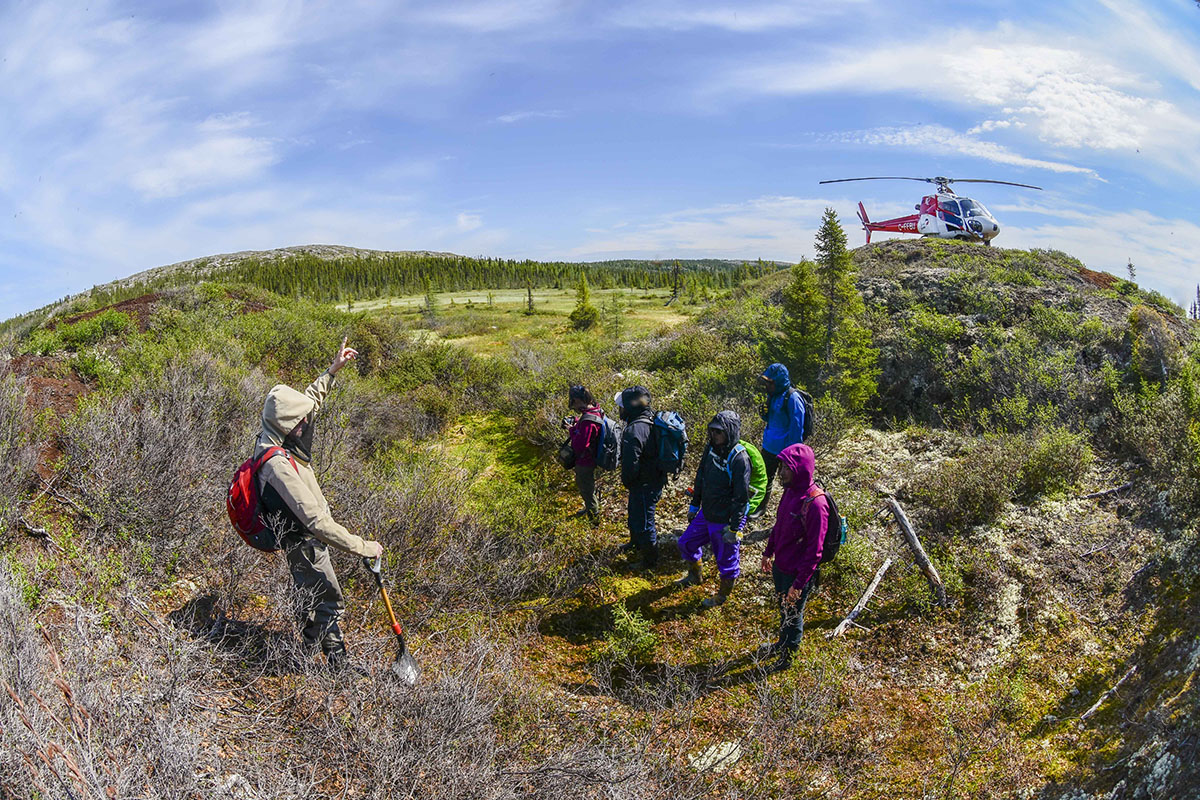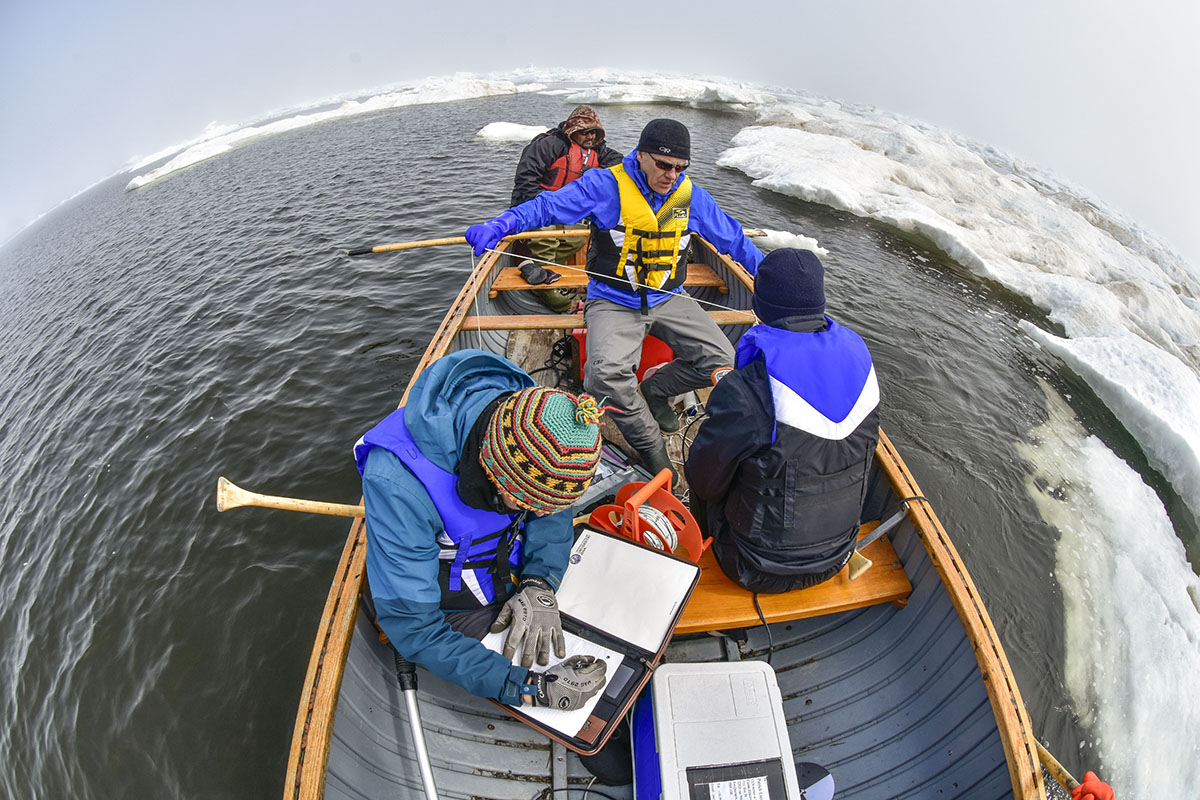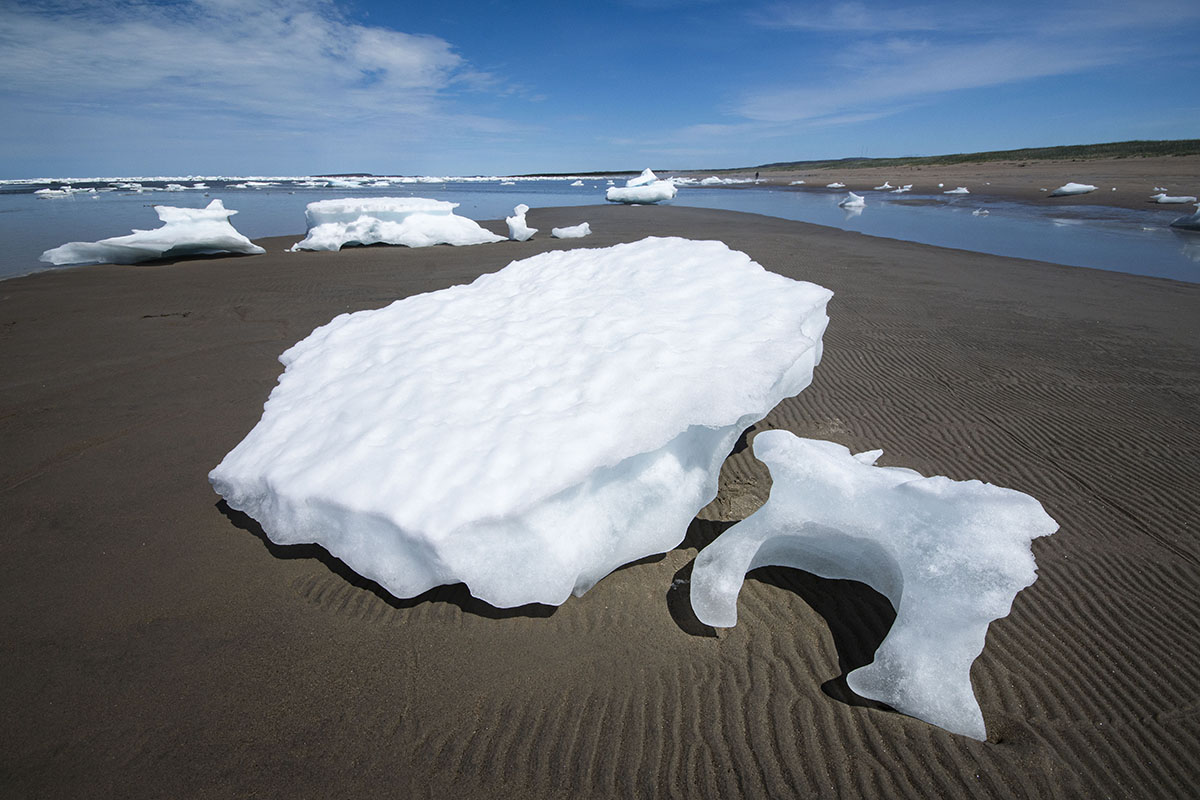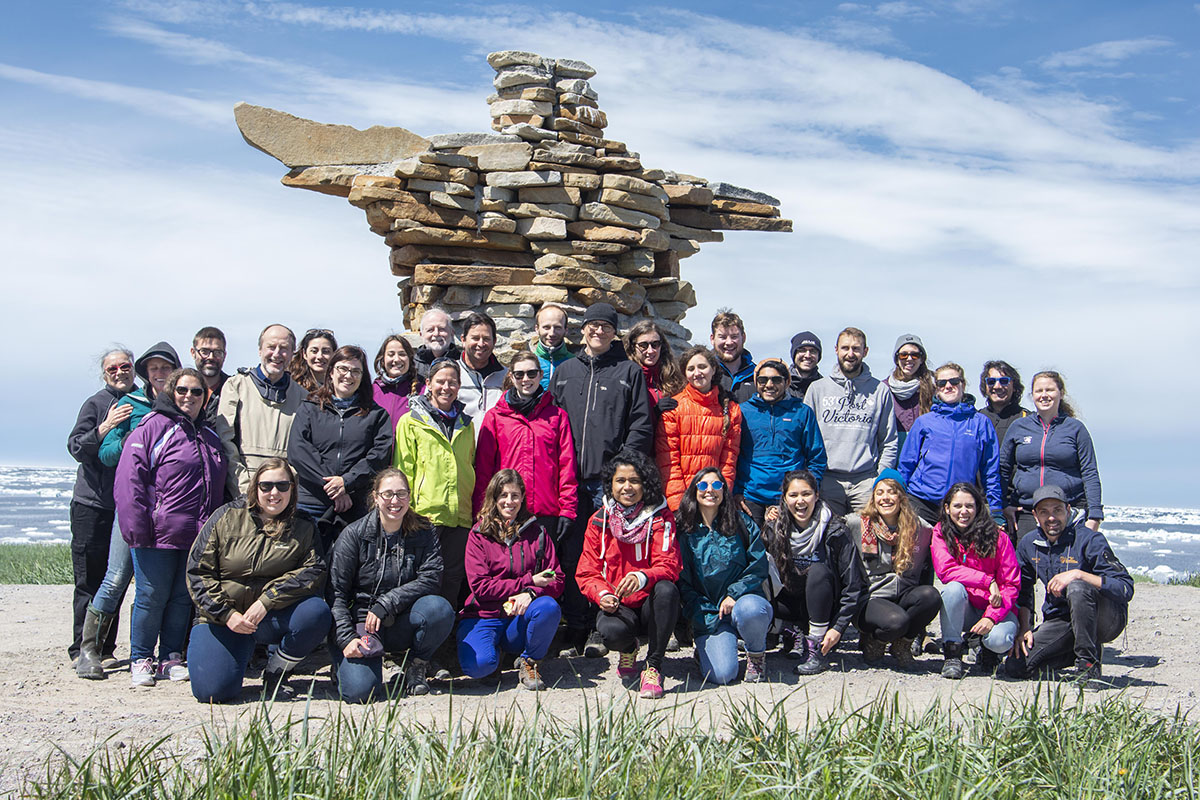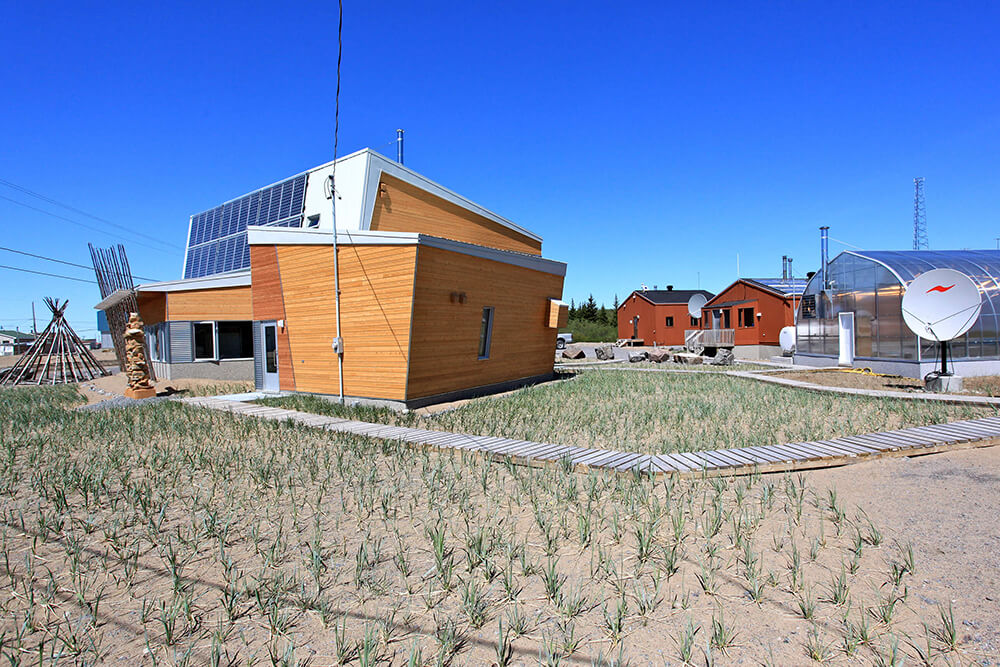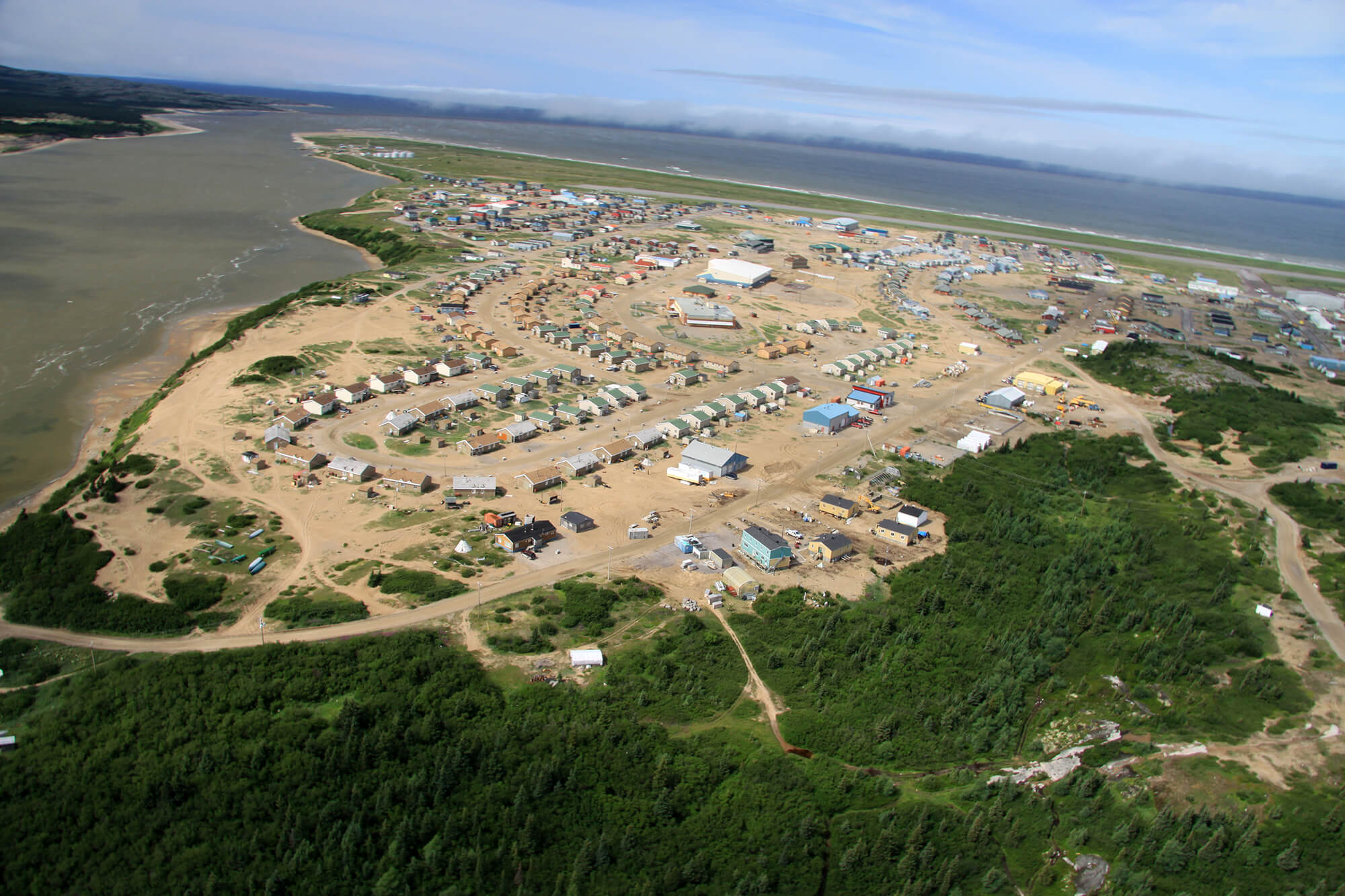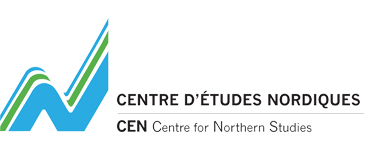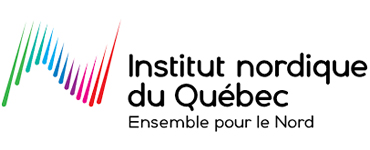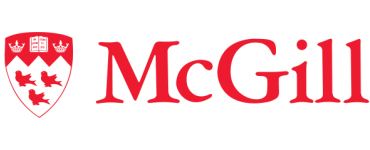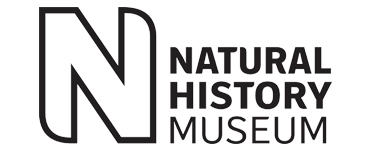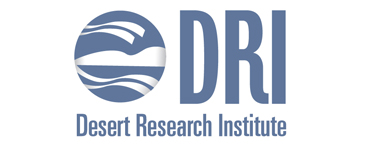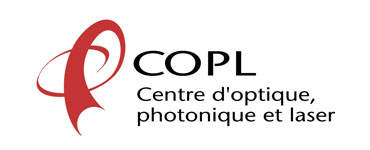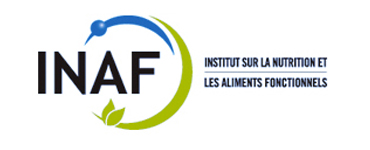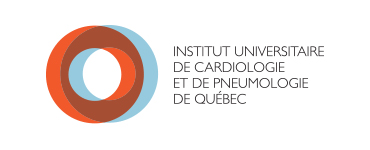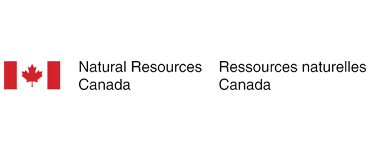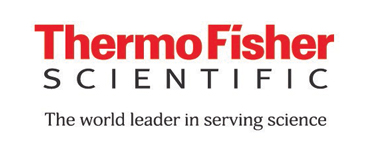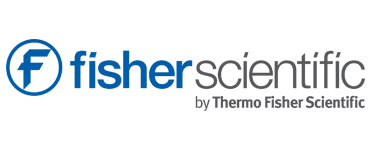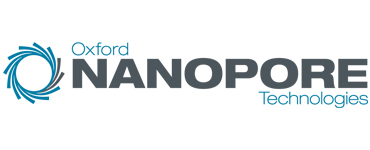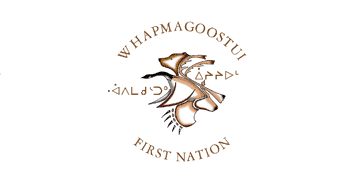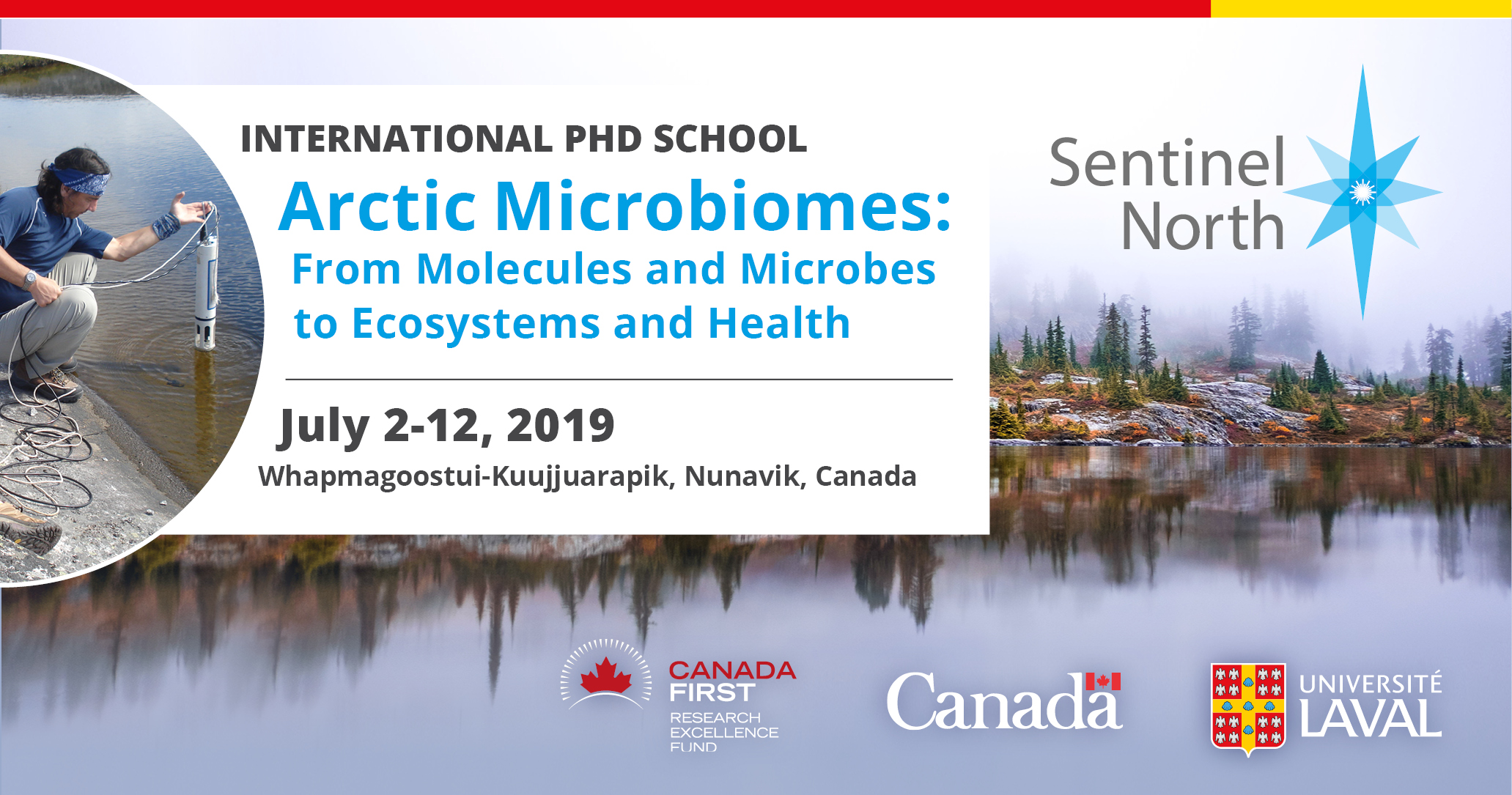Arctic microbiomes: from molecules and microbes to ecosystems and health
International PhD School
2 - 12 July 2019, Whapmagoostui-Kuujjuarapik (Nunavik, Canada)
Under the leadership of the Sentinel North program at Université Laval (Quebec City, Canada), the International PhD School (IPS) is a unique transdisciplinary training program aiming to understand the key role of microbiomes in shaping the structure and functioning of the Arctic, including their impacts on food webs, ecosystem services, and human health.
Taking place at the Centre for Northern Studies (CEN) research station in Whapmagoostui-Kuujjuarapik (Nunavik, Canada) on the eastern shore of the Hudson Bay (55°16’N, 77° 45’ W), the school will provide participants with an integrative, hands-on experience spanning a wide range of disciplines such as Arctic microbiology and molecular ecology, biogeochemistry, environmental optics/photonics, astrobiology and human health.
18international students |
4professionals |
8professors |
13universities |
7countries |
Photos and testimonials
Click on a picture to enlarge and see the slideshow
|
The Ph.D. School in Kuujjuarapik-Whapmagoostui was a unique learning experience. We went from defining what a microbiome is to collecting samples and analyzing them. This training allowed me to better understand the difficulties of fieldwork and opened me up to other spheres of science that are uncommon in a regular chemistry program. Audrey Picard-Lafond The Ph.D. School helped me a great deal to prepare for the analysis I will have to perform and the amount of things we learn and perceive per second in comparison with bibliography reading is astronomical. Carla Bautista I had an absolute blast at the Sentinel North IPS in Whapmagoostui-Kuujjuarapik! Being from the southern hemisphere it was a truly fascinating landscape. There were so many amazing people at the school from students, mentors, support staff and the local community. It was a great pleasure to learn, share and have fun with all involved. Sahan Jayasinghe The Sentinel North IPS on Arctic microbiomes gave me the incredible opportunity to discover how much I like field work in the North. 10 days of scientific emulsion, teamwork symbiosis and cultural exchange, thank you again! Caroline Doose I enjoyed my experience so much during this international Ph.D. school. I learned a lot about the challenges of northern studies and environment monitoring, which are very important for my Ph.D. project. As a bonus, I expanded my international contact network with very nice people in various fields different from mine, who would actually use the device that I am developing. Pascal Paradis I enjoyed everything, from all angles. I am definitely satisfied with all the new knowledge I have got, very balanced between theory, lab and fieldwork. The mentors were very friendly and receptive to exchange with us. And of course, the student gang was amazing! Flora Mazoyer |
Program
The school is centered on the themes detailed below, with a multifaceted approach including lectures, case studies and hands-on experiences supervised by renowned researchers from various disciplines. It also includes an introduction to the emerging field of environmental optics/photonics as a means to improve our understanding of the northern environment and its impact on human health.
Arctic microbiomes and ecosystems
- Microbial diversity: community structure and function
- Polar ecosystems: from ice and land to the oceans
- Microbial ecosystem services
Microbiome responses to change
- Evolutionary change
- Responses to climate change
- Resilience and ecosystem adaptability
- Extreme life in the past, present and beyond Earth
Human health and microbiomes
- Microbiomes and nutrition
- Food and water security
- Contaminants and bioremediation
- Pathogens and diseases
- The search for new biomolecules
Field and lab work
- Field excursions to sample microbiomes in various habitats: methane-producing thaw lakes; microbial plankton in the river and sea; benthic biofilms; biofilms on fish; forest-tundra soils.
- DNA sequencing
- Data analysis of environmental microbiomes
The school fosters the development of transversal skills such as networking and international scientific collaboration, ethics in northern research, as well as communication and planning in a transdisciplinary research context.
During the school and over the course of the following weeks, participants are invited to contribute actively to the analysis of the data, which could potentially lead to the publication of a joint paper.
Preparation
Prior to the course, the students should plan some time for assigned reading and seminar preparation.
